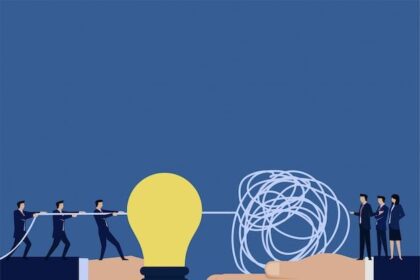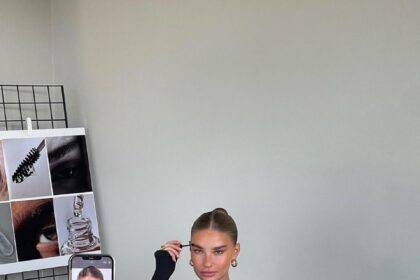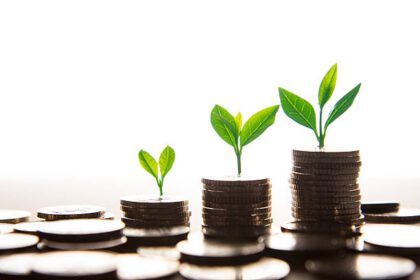Why the First $1K Matters
The first $1,000 is a milestone for any entrepreneur. It is often the very first taste of business success, but it can also determine future direction. Whether it comes from side hustles, early customers, or freelance work, how entrepreneurs use their first $1K often reveals their mindset.
History shows that small, smart financial moves can build the foundation for global businesses. Jeff Bezos reinvested every dollar from Amazon’s first sales back into operations. Shopify’s founders did the same. The principle is clear: the first $1K is not for spending, it is for building.

Reinvest in Skills and Education
Smart entrepreneurs understand that the best investment is in themselves. They often put their first $1K into courses, books, mentorship, or workshops that sharpen their skills.
As Warren Buffett said, “The best investment you can make is in yourself.” Knowledge compounds, making future decisions more valuable.
Lesson: Investing in yourself multiplies every future opportunity.

Test and Validate Ideas
Instead of spending blindly, successful founders use their early money to test and validate. This could mean running small ad campaigns, building a minimum viable product (MVP), or surveying potential customers.
Eric Ries, author of The Lean Startup, emphasizes that testing prevents wasted time and money. The first $1K can validate whether an idea has real market demand.
Lesson: Use your first $1K to test, not guess.

Invest in Tools and Systems
Smart entrepreneurs buy tools that increase efficiency. This might include accounting software, website hosting, marketing platforms, or design tools. These systems save time and prevent costly mistakes later.
Every dollar put into the right infrastructure creates smoother operations and room for scale.
Lesson: Systems turn $1K into the backbone of a future business.

Build a Brand Presence
With just $1K, entrepreneurs can set up a basic but professional online presence. A website, logo, and social media content establish credibility. Customers are more likely to trust and buy from a brand that looks polished.
Shopify, Canva, and Wix make it easy to create a digital storefront in days without overspending.
Lesson: Your brand is your first impression. Invest in making it count.

Start Small Marketing Campaigns
Some entrepreneurs allocate their first $1K to targeted ads on platforms like Facebook or Google. Even small campaigns can reveal customer interest and build early traction.
The key is to track results and adjust quickly, not to burn money on vanity metrics.
Lesson: $1K in smart marketing can open doors to your first big client.

Build Cash Reserves
The smartest entrepreneurs know emergencies happen. Saving part of the first $1K as a reserve fund creates stability and reduces stress. This ensures that one unexpected setback does not kill momentum.
Having just a small cash buffer often separates those who quit early from those who persist.
Lesson: Cash saved today funds opportunities tomorrow.

Conclusion: Treat $1K Like a Seed, Not a Prize
What separates smart entrepreneurs from others is discipline. The first $1K is rarely spent on lifestyle upgrades. Instead, it is reinvested into education, testing, tools, branding, marketing, and safety nets.
Handled wisely, that first $1K becomes the seed that grows into $10K, then $100K, and beyond.
Entrepreneurial success is not about how much you start with, but how wisely you use it.
FAQs
1. Should I spend my first $1K on marketing?
Only after validating your product. Start with testing and small campaigns.
2. Is it smart to use the first $1K for personal expenses?
No. Treat it as business capital to grow further, not extra spending money.
3. How much should I save from the first $1K?
At least 20% should be kept as a reserve for unexpected costs.
4. Can $1K really launch a business?
Yes. Many online businesses and freelancers start with less than that.
5. What is the most valuable use of the first $1K?
Investing in yourself and validating your idea for long-term success.






